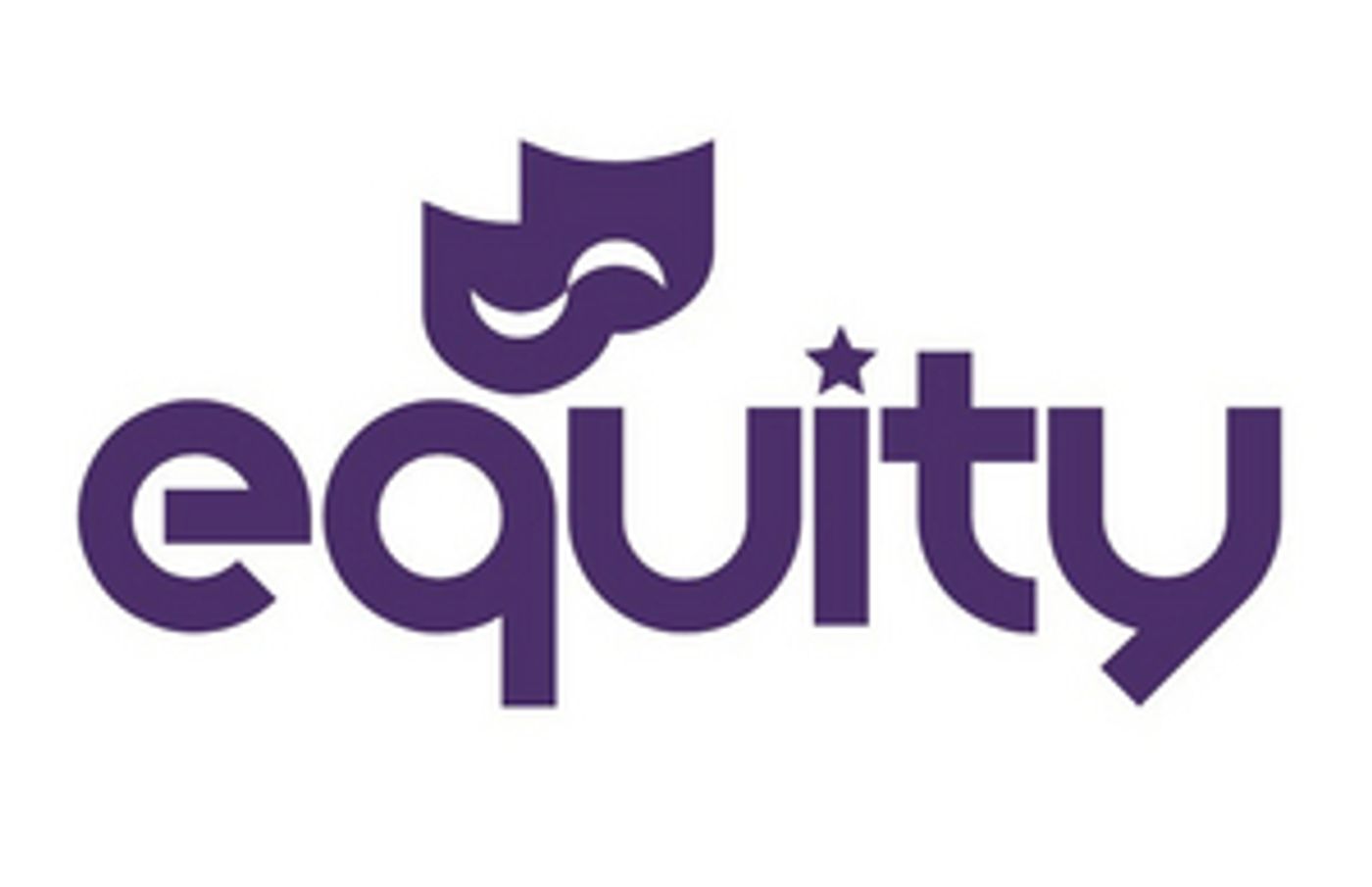Equity Releases New Guidelines For Theatre Critics When Writing About Race and Ethnicity
This comes after critics have written "criticism involving [performers'] race, ethnicity or skin colour with no objective, evidential reason."

UK's Equity has drawn up new guidelines for theatre critics, urging them to work to omit unconscious bias when writing about race, and also to consider the relevance of race or ethnicity in their reviews.
These new guidelines come from "a long, problematic history of Equity members receiving criticism involving their race, ethnicity or skin colour with no objective, evidential reason."
Also, this week, The Stage has published a special feature on race and theatre criticism, guest-edited by actor and Equity councillor Emmanuel Kojo and critic and playwright Naomi Obeng.
This crucial piece of work, which explores the impact of theatre reviews on performers and theatremakers of colour, why inaction is unacceptable and ways of making the necessary change happen, is allied to Equity's fight against racism.
Speaking to Equity, Emmanuel Kojo said: "Myself and Naomi and the countless other activists and Equity didn't wake up and want do this because we enjoy it, but because we believe in fighting for a cause that makes the changes we all want to see. That starts with accountability from those that have been doing harm."
As well as articles from the two guest editors, the feature includes a piece on Equity's recommendations for theatre critics, written by Ian Manborde, Equity's Equality and Diversity Officer.
Read the special feature on The Stage's website.Equity is a union of more than 47,000 performers and creative practitioners, united in the fight for fair terms and conditions in the workplace.
The union consists of actors, singers, dancers, designers, directors, stage managers, puppeteers, comedians, voice artists, and variety performers, working on stage, on TV sets, on the catwalk, in film studios, in recording studios, in night clubs and in circus tents.
Equity brings together entertainment professionals and ensures their demands are heard: whether these are for decent pay, better health and safety regulations, or more opportunities for all - regardless of gender, ethnicity, sexuality, disability or class.
Videos

